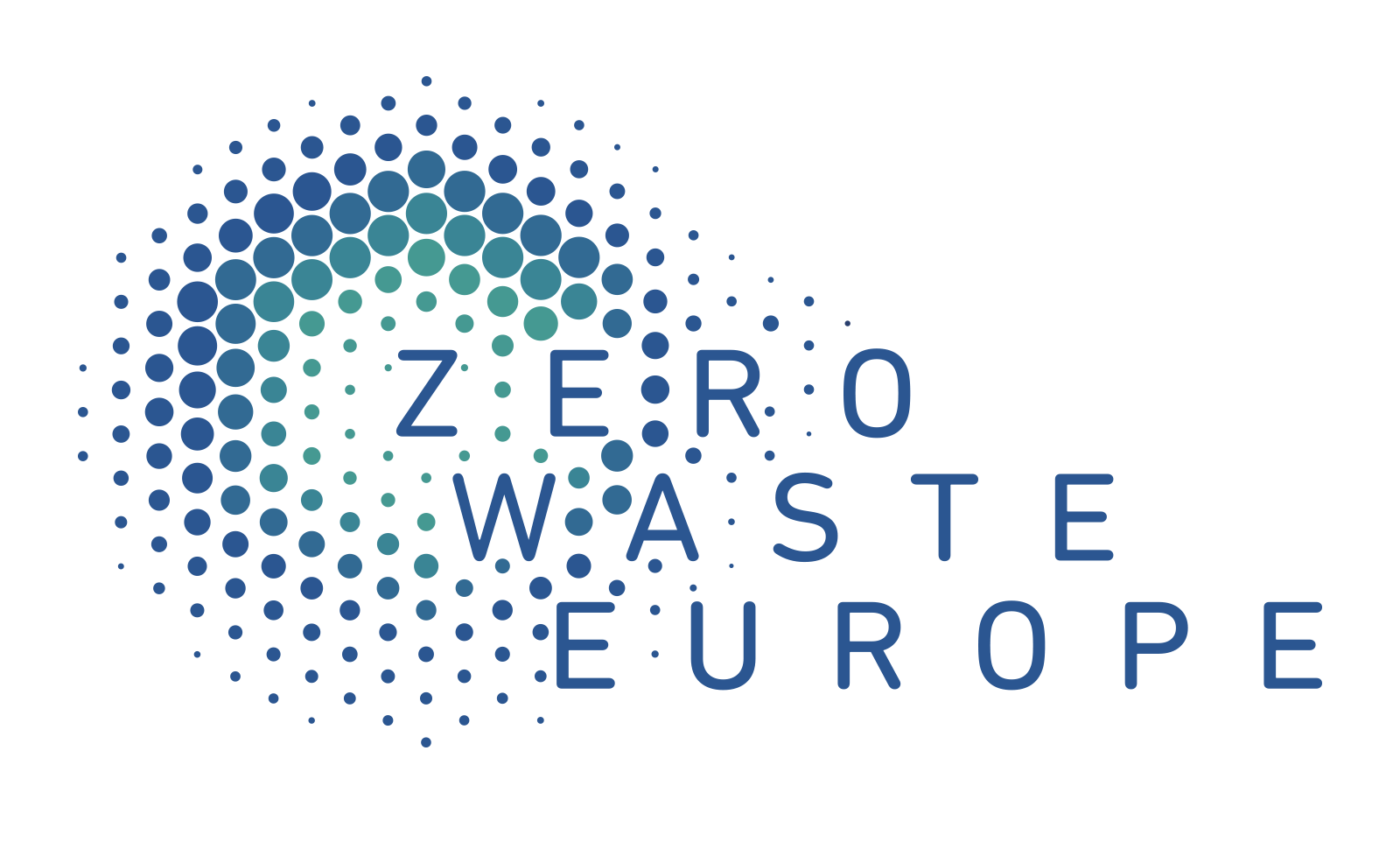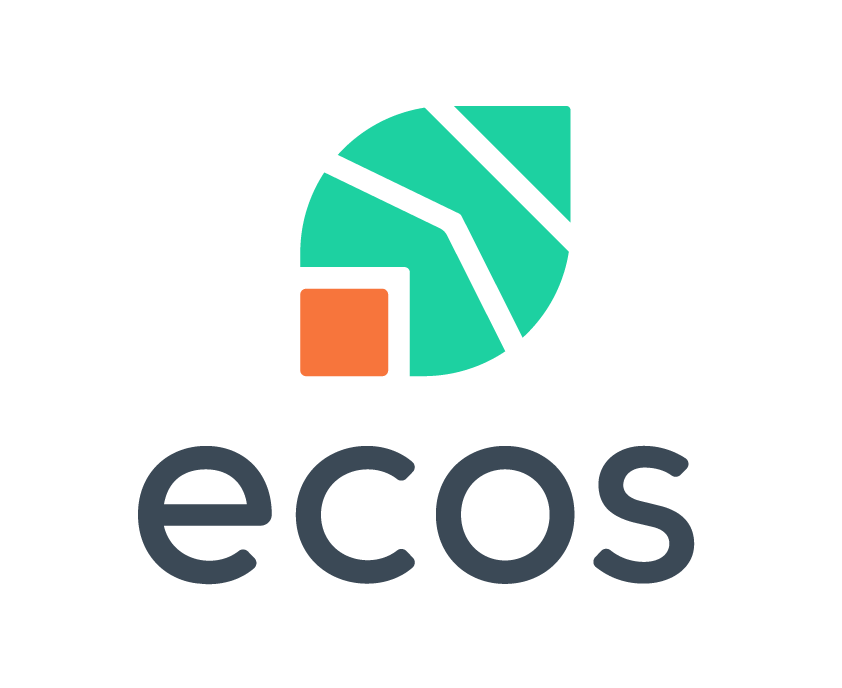Council position sparks hope for packaging law, NGOs call on institutions for stronger commitment to prevention and reuse in trilogues
The EU environment ministers agreed on a general approach for the Packaging and Packaging Waste Regulation today. In the context of both record levels of packaging waste and unprecedented lobbying from the single use packaging industry, Member States resisted the most aggressive attempts to water down or delete provisions aiming to prevent waste and kick-start Europe’s growing reuse sector.
The agreement reached today comes more than a year after the Commission’s proposal. Critically, the Council retained all measures to restrict unnecessary packaging, such as those used for fruit and vegetables as well as single use packaging in restaurants, as well as sectoral reuse targets for 2030 and 2040.
Although the Council introduced more flexibility for reuse targets than foreseen in the Commission’s proposal, and problematic derogations for cardboard, the scale of targets and the sectors covered were for the most part preserved. This is a stark contrast to the European Parliament’s position, agreed in a plenary vote in November, which deleted many measures and introduced broad derogations with weak justifications.
NGOs have been vocal in denouncing the level of aggressive and misleading lobbying which MEPs faced, largely led by the fast food and paper-based packaging manufacturers which led to an unacceptable dilution of the waste prevention measures in the European Parliament’s final position. An attempt led by Italy and Finland – home to some of Europe’s biggest fast-food packaging producers – to mirror the Parliament’s proposals was in the end not supported in Council. NGOs had warned that their proposals risked up to an additional 7.3 million tonnes in waste each year (ref).
“Faced with unprecedented lobbying, untransparent studies and misleading pseudo-science it is encouraging to see that Member States reached an agreement on the Packaging Regulation today. Credit goes to the Spanish Presidency for navigating through conflicting national interests and striking a compromise which retains some ambition on reuse and prevention. The baton is now passed to Belgium who must finalise the trilogues for this important file for the environment and Europe’s circular economy.”
Marco Musso, Senior Policy Officer for Circular Economy at EEB
“The Council’s support for paper packaging exemptions unfortunately undermines the regulation’s aim to reduce packaging waste. Instead, it will just increase cardboard packaging, adding to the already 3 billion trees cut down every year for packaging alone! True ambition would not include this exemption. Forests are not packaging factories.”
Sergio Baffoni, Senior Paper Packaging Campaigner at the Environmental Paper Network
Regrettably, as part of the compromise, the Council removed the reuse targets for wine, reintroduced the exemptions for cardboard and limited the restrictions on unnecessary packaging for fruits and vegetables only to plastics packaging.Beyond reuse and prevention the agreement also addressed other aspects of the proposal. The ambition of measures to ensure that all packaging will be recyclable by 2030 was also reduced with a new definition of recyclability grades. The Council also offered a very unambitious exemption to establishing DRS systems for single-use plastic bottles and cans if a collection rate of 78% is achieved by 2026. The Council was also more cautious than the Parliament when it came to addressing dangerous chemicals in packaging – agreeing only to prepare a report on the issue by 2026.
Only Italy voted against the overall agreement which was adopted with a qualified majority. Since the start of the negotiations Italy has opposed waste prevention and reuse, blindly siding with national throw-away industrial interests and ignoring scientific evidence on the environmental impact of packaging waste.
The interinstitutional negotiations (trilogues) on the Packaging and Packaging Waste Regulation will begin in the new year. An agreement between the three institutions will have to be found within a limited number of meetings because of the European elections in Spring 2024. Earlier the Belgian Government had committed to finalise the file during its presidency citing its importance for the circular economy.
Media contacts:
- Sarah Abou-Chleih, Communications Officer at the European Environmental Bureau +32 2 790 43 86 [email protected]
- Marco Musso, Senior Policy Officer for Circular Economy at the European Environmental Bureau +32 2 289 13 07 [email protected]
- Mateus Carvalho, Coordinator and Campaigner of Environmental Paper Network [email protected]
Notes for editors:
- The European Union is revising its existing Packaging Directive as it failed to address the uncontrolled growth of packaging waste, which is a key environmental concern that poses problems for municipalities and citizens alike .
- The latest annual waste data from this autumn shows that people in Europe are generating more packaging waste than ever before—about 190kg per person annually. This waste has a significant environmental impact, contributing to 40% of plastic and 50% of paper use, along with carbon emissions equal to Hungary’s yearly emissions.
- A concise summary of the arguments can be found in this FAQ on Prevention and reuse – the only solution to record levels of packaging waste
- For more information, read our factsheet on Reusable Takeaway Packaging, our report on Disposable Paper-based Food Packaging. The false solution to the packaging waste crisis.
- Please refer to the Media Briefing on industry lobbying and the continuous watering-down of the PPWR, as well as this Media briefing on the explosion of paper packaging in the EU
About:
Rethink Plastic is an alliance of leading European NGOs, representing thousands of active groups, supporters and citizens in every EU Member State.
We are part of the global Break Free From Plastic movement, consisting of over 11,000 organisations and individuals worldwide demanding an end to plastic pollution.
The Rethink Plastic alliance has been working on the packaging file together with an informal alliance of NGOs with expert knowledge and hands-on experience on the entire lifecycle of plastics and paper. The members of this informal coalition are Zero Waste Europe, European Environmental Bureau, ECOS, ClientEarth, Deutsche Umwelthilfe, Recycling Netwerk Benelux, Fern and the Environmental Paper Network.





